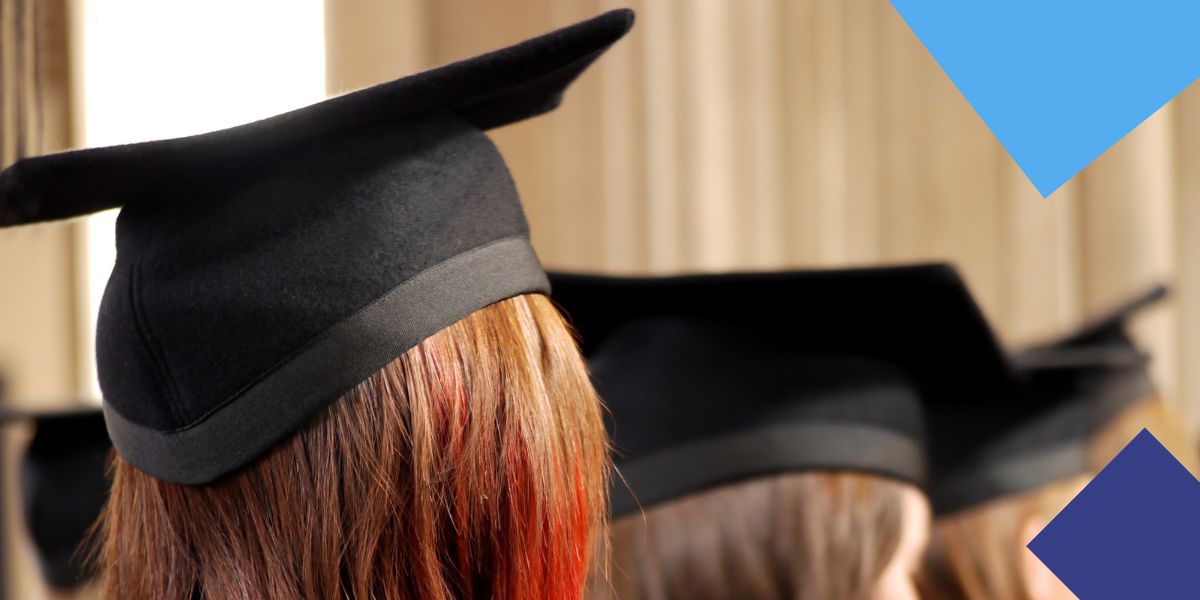When writing my personal statement for the MSc in Organisational and Social Psychology, I remember mentioning how excited I was at the prospect of working with renowned academics in the Department of Psychological and Behavioural Science at LSE, especially for my end-of-year dissertation. When I accepted my offer, I looked forward to conducting my study at such a reputable institution known for its strong research output.
In the first term, we were introduced to what the dissertation process would look like for us, but we were assured that academic support would be provided with every step of the way, allowing us sufficient freedom to conduct our academic investigations while being gently guided by our department teachers. Before the beginning of the second term, we were matched with a supervisor based on our research interests. I was interested in studying the effects of technology-induced stress in employees, and accordingly was matched with the wonderful Dr Ilka Gleibs who specialises in organisational wellbeing and social identity dynamics.
Since then, we have had group dissertation sessions, where I work with other dissertation students in planning our dissertation studies. These sessions are super useful as we get to bounce our research ideas off each other and gain insight not only from experienced academics in the field but also from each other, which allows me to appreciate different perspectives and helps me in writing a dissertation that people from different audiences and backgrounds can understand. We are currently working on creating a research diary, which will provide us with our roadmap of important dissertation dates and milestones, such as writing our ethics application and beginning data collection.
At the same time, I have also been keen to improve my skills as a researcher such as in planning questionnaire design, data collection, recruiting participants, and analysing datasets. I was pleased to find out that LSE offers training and development courses for such skills. For example, I attended the R Fundamentals workshop organised by the Digital Skills Lab which consists of weekly 2-hour sessions aimed at teaching students how to use the statistical analysis software and equipping them with skills to conduct their own analysis. The Digital Skills Lab also has a multitude of other resources available to research students, such as online courses on coding, which I hope to enrol in to further my skills as a quantitative researcher.
Apart from these, my programme also has specialised courses aimed at preparing us for our dissertations. In the first term, I took the Quantitative and Qualitative Analysis course which taught me the fundamentals of both types of data analysis, starting from basic statistics to thematical analysis of texts. I found this course very helpful in giving me insight into different types of research methods, and I was able to make an informed decision about the approach that I would be taking for my dissertation. In the second term, students in my programme attend weekly lectures on various steps of the dissertation journey, from framing a research question to writing out our final dissertation. In addition, there are also fortnightly specialised workshops depending on whether students want to take a quantitative, qualitative or even a mixed approach. These workshops dive deeper into each approach, such as creating surveys using Qualtrics or identifying themes in interview-based data. These sessions are usually led by Graduate Teaching Assistants (GTAs) and PhD students, so they are also an excellent opportunity to network with researchers with similar projects, with the potential to even collaborate with them for our dissertations.
One thing I appreciate about the dissertation process at LSE is the emphasis that is placed on students being the principal investigators. We are essentially in charge of our research and it is expected that, with ample amount of support from our teachers and peers, we take responsibility for conducting good quality research that is consistent with LSE’s high standards. Therefore, as I embark on my dissertation journey, I feel quite confident in writing my masters’s thesis. I look very forward to making the most of the state-of-the-art research facilities and resources provided by LSE and hope to submit a final piece of (hopefully publishable!) work that matches the high-quality research that the rest of the school produces!





